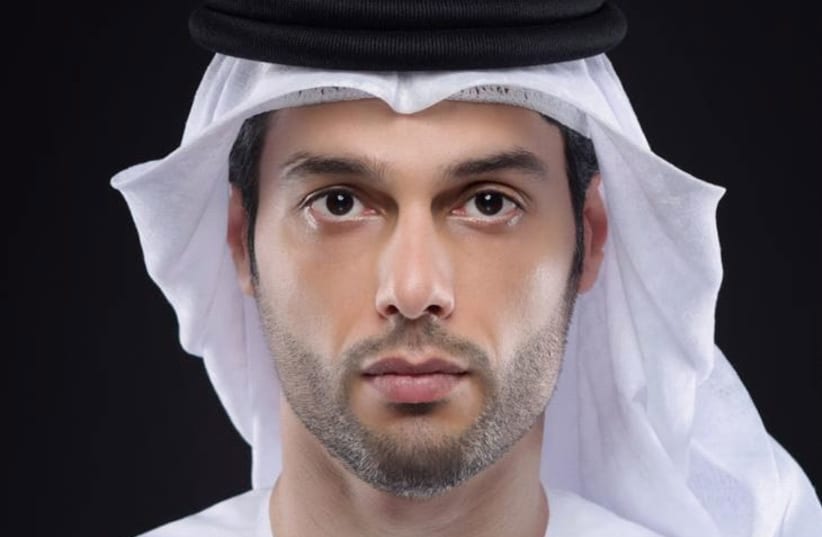Israel already has a head of mission in Abu Dhabi, Ambassador Eitan Na’eh, who was dispatched in January. The exchange of diplomats is an important step in the right direction. The appointment of Al-Khaja is a symbol, but also illustrates how the UAE is continuing to build the foundations for a warm peace between the two countries.
The Abraham Accords were announced in August, Bahrain joined by September, and a signing ceremony took place at the White House. It’s extraordinary that just a year ago this was a dream, but in those dark early days of the COVID-19 pandemic, Israel and the UAE were already inching closer to one another.
The countries share much in common. They are anchors of stability in the volatile Middle East; they both oppose extremism, and they often have common enemies. They are also well-established hi-tech hubs. The UAE is a leader in financial technology and also a major hub of trade for the region. It is interested in developing new and innovative food technology solutions, water technology, artificial intelligence innovations and pushing the envelope in everything from new tourism opportunities to diamonds.
Today, the dreams of peace have already born fruit. Some 130,000 Israelis went to Dubai during a brief window when travel was possible before Israel shut down Ben-Gurion Airport in January. There have been some hurdles too, because Israel’s closing the airport to regular passenger travel coincided with controversial comments about the spread of different variants of the novel coronavirus in the UAE, and trips by many – including conferences and exhibitions – have been canceled. A visa-free waiver that was supposed to already be in place was put off until July.
However, the appointment of Al-Khaja in a ceremony this week with UAE Prime Minister Mohammed bin Rashid Al-Maktoum shows that many positive elements of the relationship are on track. Al-Khaja was chief of staff to the minister of Foreign Affairs of the UAE for 10 years. He was born in Abu Dhabi, is a father of four, and has a degree from Northeastern University in Boston and an MBA. Well-known in the UAE’s Foreign Ministry and key circles in Abu Dhabi and the United States, he is a considered a smart choice for the role in Israel. He is also an avid cyclist and enjoys outdoor activities.
Many in Israel have noted how this will make him welcome in the active seaside cities along the coast, where ambassadors tend to make their residences. His background and interest in business will also plug-in well with Israel’s desire to enhance its partnerships with innovators in the UAE.
While all this points in the right direction, recent flip-flops by the Prime Minister’s Office have left questions on why Prime Minister Benjamin Netanyahu keeps changing plans to visit the UAE. A trip was announced and then postponed in early February, the third such confusing decision. This is not helpful, and the Prime Minister’s Office should have known better.
It is unclear why they announced and then canceled a visit this month. It is unclear, also, why they have not been able to help some 40 Israeli defense companies, including giants like Rafael Advanced Defense Systems and Israel Aerospace Industries, attend this year’s IDEX, which begins on Sunday. This important exhibition had been anticipated with great excitement in Israel.
In addition, Israel’s ISDEF, a part of Avnon Group, had helped organize a pavilion. While pandemic concerns are important, Israel has allowed in judoka and other groups from around the world. This means that it was entirely possible to make these exceptions, but chaotic bureaucracy and a lack of strategic and long-term planning led Israel to fumble.
Israel and the UAE are moving in the right direction. US President Joe Biden’s commitment to the normalization agreement – as he articulated to Netanyahu in their phone call on Wednesday – is important.
With commitment, the countries can help to broaden stability in the region.
